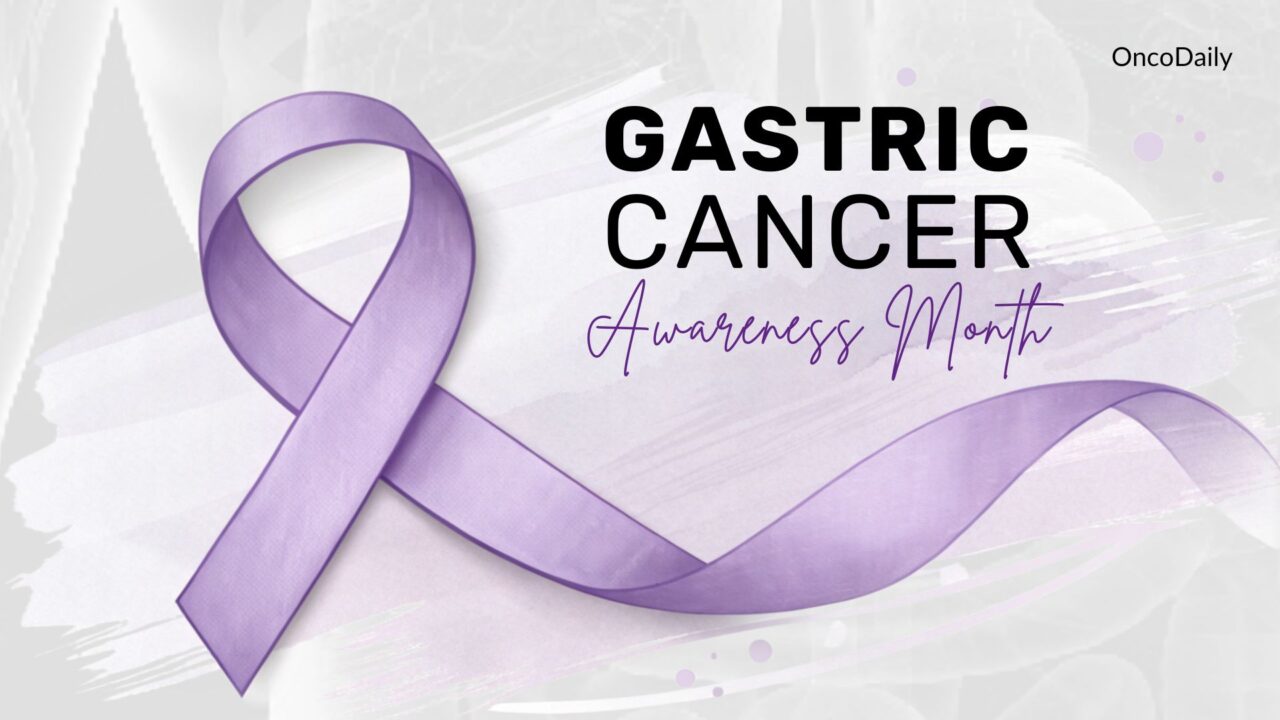November is Gastric Cancer Awareness Month, a time to raise awareness about gastric (stomach) cancer.
It is the fifth most common cancer globally, but awareness and early detection can significantly improve outcomes. During this month, the goal is to increase public knowledge about gastric cancer, encourage early detection, and support research for better treatments. By raising awareness, we can help reduce the stigma often associated with the disease, improve patient outcomes, and advocate for those affected by this under-recognized cancer.
Gastric Cancer Awareness Month serves as an important reminder of the need for early detection and the importance of reducing the stigma around the disease. By educating the public and highlighting the risks and symptoms, we can improve survival rates and provide greater support for individuals and families dealing with gastric cancer.
What Are the Symptoms of Stomach Cancer?
Stomach cancer often presents with non-specific symptoms, making early detection challenging. Common symptoms include:
- Persistent Indigestion: Patients may experience ongoing discomfort or a burning sensation in the stomach.
- Stomach Pain: Abdominal pain that does not resolve with typical treatments can be a warning sign.
- Nausea and Vomiting: These symptoms can occur frequently and may include vomiting blood in advanced stages.
- Weight Loss: Unexplained weight loss is a common symptom as the cancer progresses.
Real-life scenarios often involve patients initially attributing these symptoms to less severe conditions, such as gastritis or ulcers, delaying diagnosis. According to studies, these symptoms are prevalent in a significant number of Stomach cancer patients, underscoring the need for awareness and early medical consultation.
What are the Causes and Risk Factors for Stomach Cancer?
Stomach cancer is caused by the abnormal growth of cells in the stomach lining. The four most common risk factors contribute to its development include:
- Helicobacter pylori Infection: This bacterial infection is a major risk factor, leading to chronic inflammation and increased cancer risk. According to a study by Polk et al., published in Nature Reviews Oncology, approximately 75% of Stomach cancer cases are attributed to Helicobacter pylori infection.
- Smoking: Tobacco use significantly raises the likelihood of developing Stomach cancer.
- Genetic Predisposition: A family history of Stomach cancer can increase individual risk. According to Shah et al 2022 study, genetic causes contribute to less than 10% of all cases, and the rest are sporadic.
- Diet and Lifestyle: Consuming a diet high in salted, smoked, or pickled foods, along with obesity and alcohol consumption, are known contributors.
In 1982, Australian researchers Barry Marshall and Robin Warren discovered the bacterium Helicobacter pylori in the stomach lining of patients with gastritis and peptic ulcers. This discovery challenged the existing belief that ulcers were caused by stress and diet, revealing that H. pylori infection was a major cause of these conditions. In recognition of their groundbreaking work, Marshall and Warren were awarded the Nobel Prize in Physiology or Medicine in 2005 for their discovery, which revolutionized the diagnosis and treatment of stomach-related illnesses.

Discussions and posts highlighting Gastric Cancer Awareness Month:
The Chemotherapy Foundation:
“November is Gastric Cancer Awareness Month, and it’s a crucial time to shine a light on this often overlooked disease.
Gastric cancer, also known as stomach cancer, is the 5th most common cancer worldwide and the 3rd leading cause of cancer-related deaths. In the United States alone, approximately 26,500 new cases are diagnosed each year, with nearly 11,130 deaths expected in 2024.
Despite these staggering numbers, early detection remains a challenge as symptoms often don’t appear until later stages. Screening, awareness, and research are key to improving outcomes and saving lives!”
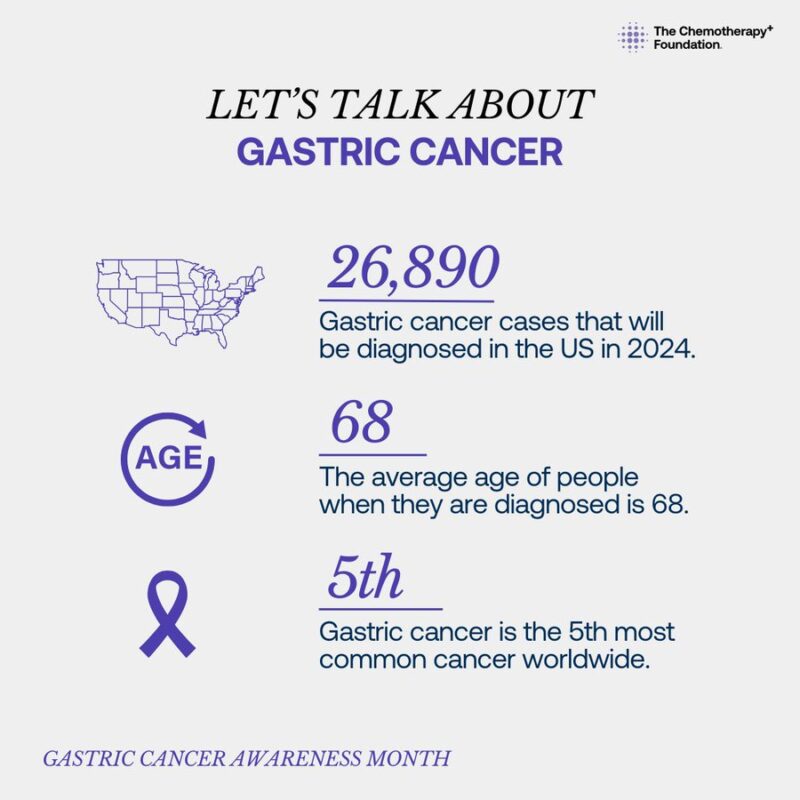
Huntsman Cancer Institute:
“November is Gastric Cancer Awareness Month. Chris Nevala, a medical oncologist specializing in stomach cancer, shares his heartfelt thoughts on hope and progress in the treatment of this disease.”

Robert Hüneburg:
“A possible example of upper GI surveillance in Lynch syndrome: synchronous detection of duodenal and gastric adenoma. A prospective worldwide registry was started by us. Please contact us if you are interested or attend CGA meeting.”
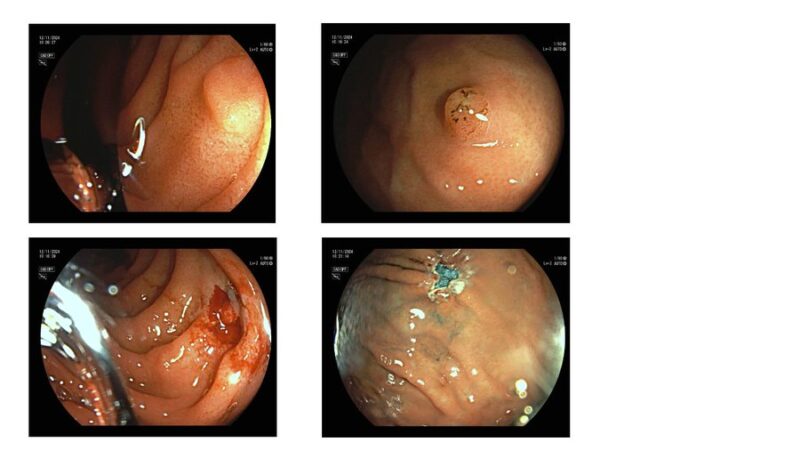
Dana-Farber Cancer Institute:
“Q: What is the best way to screen for gastric cancer?
A: With endoscopies, says Dr. Matt Yurgelun.
November is Gastric Cancer Awareness Month. To learn more about hereditary gastric cancer and management, watch the latest event in Digesting the Science:”
American Cancer Society:
“November is Lung, Pancreatic, Stomach cancer awareness month. All month help support those touched by these cancers and remember loved ones!”

Aprazer Healthcare:
“Stomach Cancer Awareness Month is observed every November to raise awareness about stomach cancer (also known as gastric cancer) and to highlight the importance of early detection, treatment, and prevention.”
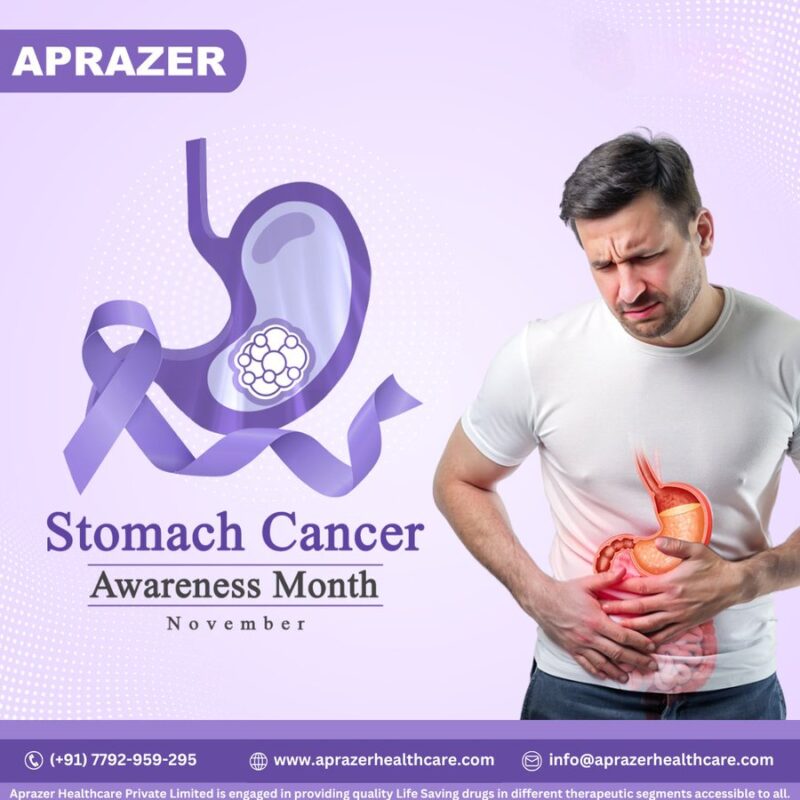
HCA Florida West Marion Hospital:
“Dr. Eittel Oppenheimer, M.D., is recommending broader screening for gastric cancer in specific patient populations, saying the disease is gradually but demonstrably adding to the health woes faced by Americans. This includes a rising trend in gastric cancer incidence among individuals under 50 years old, particularly among young Hispanic women.
Dr. Oppenheimer, a board-certified general surgeon with the HCA Florida Ocala Surgical Group, argued that gastric cancer unfortunately is usually identified when it is at advanced stage in the Western hemisphere.
‘We have to become more aggressive in raising awareness. This is something real and life-threatening,’ Dr. Oppenheimer told those gathered for a luncheon held by the Ocala Royal Dames, a group that promotes cancer research. His presentation also called attention to November as Gastric Cancer Awareness Month.
Dr. Oppenheimer said dietary modifications including eating a nutrient dense diet, as opposed to processed items, engaging in mental health counseling, and getting regular aerobic exercise can be preventative techniques for all types of cancer, including gastric cancer.”
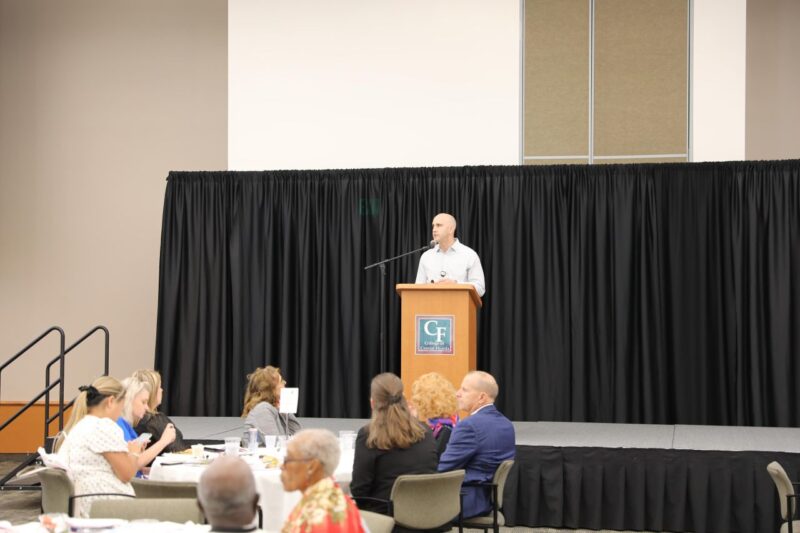
AACR Foundation:
“Nearly 27,000 people in the United States will be diagnosed with stomach cancer, also called gastric cancer, this year. Learn about the prevention, screening, and treatment options during Gastric Cancer Awareness Month.”
Elsevier GastroHep:
“Read this Gastro Hep Advances article in observance of Stomach Cancer Awareness Month – Using the Electronic Health Record to Develop a Gastric Cancer Risk Prediction Model.”
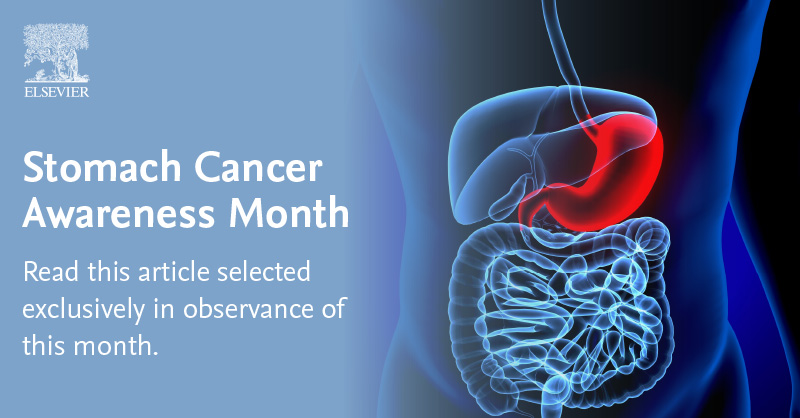
Meridian Bioscience:
“Learn more about gastric cancer risks and prevention. Follow along with us this month as we help raise awareness to educate people about stomach cancer, including risk factors, prevention, and early detection.”
National Cancer Institute of Kenya:
“Gastric cancer, also known as stomach cancer, develops in the lining of the stomach. While less common in many parts of the world, it’s still a serious health concern.
Symptoms of Gastric Cancer:
•Persistent indigestion or heartburn
•Loss of appetite
•Unexplained weight loss
•Nausea and vomiting
•Feeling full quickly
•Abdominal pain or discomfort
•Blood in vomit or stool.”
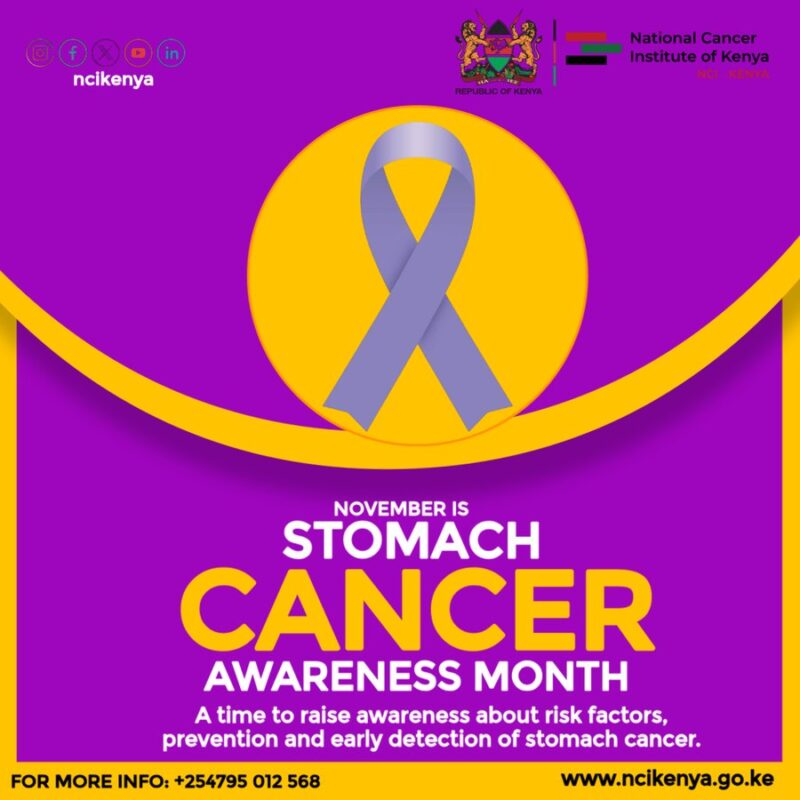
UNC Hospitals:
“More than 26,000 people receive a diagnosis of stomach cancer each year. A surgical oncologist explains risks, symptoms, and treatments.”

Rep. Kay Granger:
“During Stomach Cancer Awareness month, join me in praying for those who suffer from this horrible disease, their caregivers who love them, and those who are searching for a cure.”
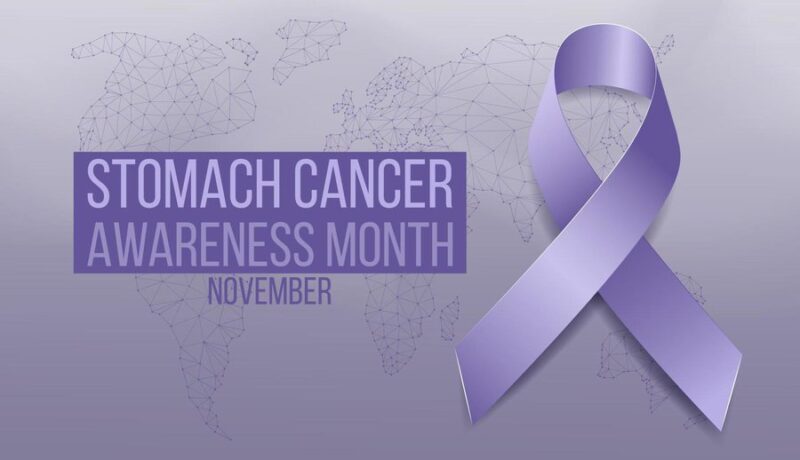
University of Colorado Cancer Center:
“Stomach cancer tends to develop slowly over many years and often doesn’t show symptoms until it has grown large or spread outside the stomach.
Before cancer develops, pre-cancerous changes may happen in the inner lining of the stomach. Unfortunately, these pre-cancer changes rarely cause symptoms, so they often are undetected.
For Stomach Cancer Awareness Month, learn about risk factors, treatment options, and more.”
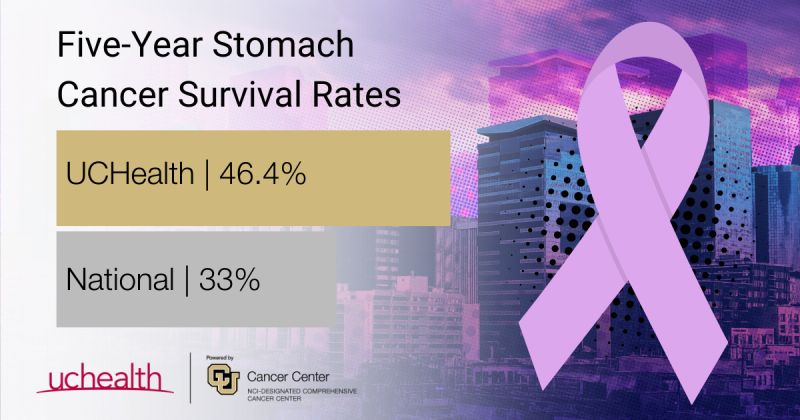
Thames Valley Cancer Alliance:
“November is Gastric Cancer Awareness month, which is also known as stomach cancer. The risk of developing stomach cancer increases as we get older, and it is more common in men than in women. For information on symptoms and where to get support visit.”
New Hope Unlimited:
“November marks Gastric Cancer Awareness Month, a global effort for the past 12 years. It emphasizes early diagnosis to improve treatment outcomes and drive impactful campaigns. Learn essential tips to help prevent this type of cancer.”
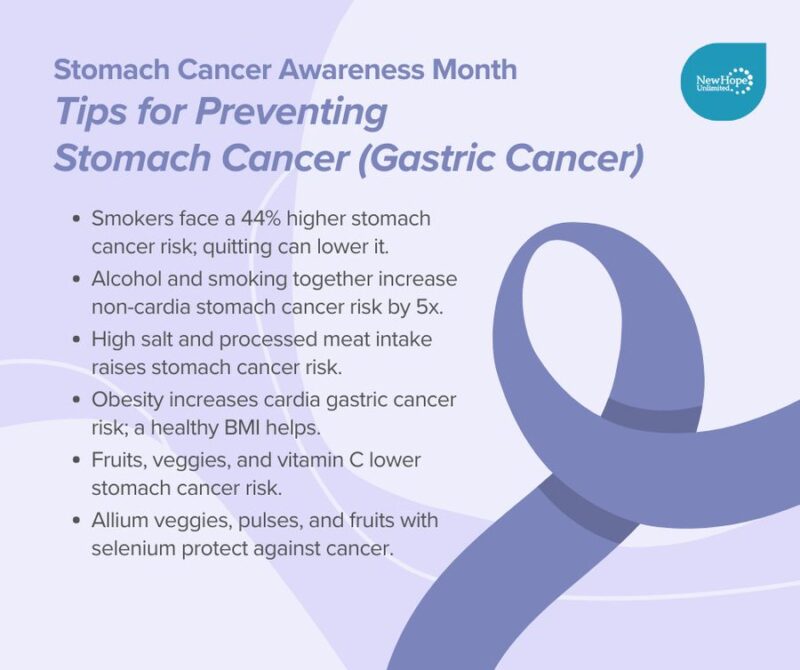
Sushma Rani Sangam:
“WHY STOMACH CANCER SCREENING MATTER?
In the early stages, stomach cancer often presents ‘no noticeable symptoms’, making it difficult to detect. That’s why ‘screening is essential’ —catching the disease early can improve outcomes and potentially save lives.
WHO SHOULD CONSIDER SCREENING?
If you fall into any of the following categories, consider getting screened:
– Age 50+
– Family history of stomach cancer
– Chronic gastritis or H. pylori infection
THE TEST YOU NEED: **Endoscopy (EGD – Esophagogastroduodenoscopy)**
This provides a clear view of the stomach lining to detect abnormalities early.
Let’s prioritize our health and spread awareness in the community! Early detection can make a world of difference.”
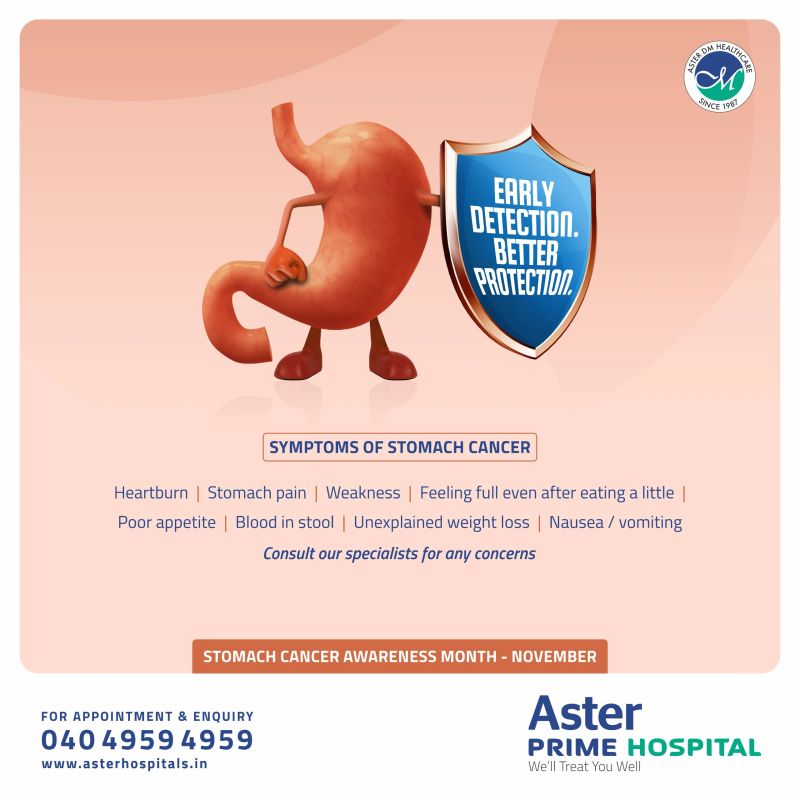
Further Reading:
Immunotherapy for Gastrointestinal Cancer
Stomach Cancer: Symptoms and Causes, Types, Diagnosis and Treatment
Let’s unite to spread awareness on November 30th – Stomach Cancer Awareness Day
